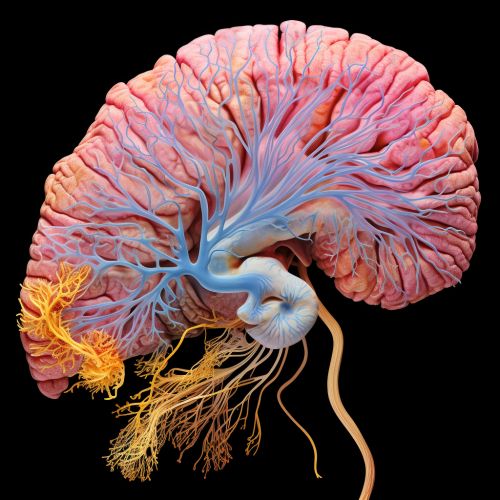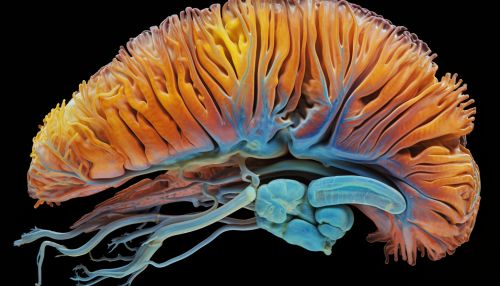Cognitive Neuroscience of Memory Consolidation
Overview
Cognitive neuroscience is a branch of neuroscience that explores the biological processes that help us to understand complex cognitive functions such as memory, language, emotion, perception, attention, and consciousness. One of the key areas of focus within this field is the study of memory consolidation, a process that involves the stabilization and long-term storage of memory traces in the brain. This article delves into the cognitive neuroscience of memory consolidation, discussing the underlying neural mechanisms, the different stages of memory consolidation, and the factors that influence this process.
Neural Mechanisms of Memory Consolidation
Memory consolidation is a complex process that involves various parts of the brain, including the hippocampus, the neocortex, and the amygdala. The hippocampus plays a crucial role in the formation and retrieval of memories, particularly episodic memories. It acts as a hub, connecting different parts of the brain that are involved in memory processing. The neocortex, on the other hand, is responsible for the long-term storage of memories. It is believed that during memory consolidation, information initially stored in the hippocampus is gradually transferred to the neocortex for long-term storage. The amygdala is involved in the consolidation of emotional memories, influencing how these memories are processed and stored.


Stages of Memory Consolidation
Memory consolidation occurs in several stages, including synaptic consolidation, system consolidation, and cellular consolidation.
- Synaptic consolidation is the process that takes place within the first few hours after learning or experiencing something new. This process involves changes at the synapse level, leading to the strengthening of synaptic connections between neurons.
- System consolidation is a longer process that can take weeks, months, or even years to complete. During this stage, memories become independent of the hippocampus and are stored in the neocortex.
- Cellular consolidation refers to the changes that occur at the cellular level during memory consolidation. This involves the activation of certain genes, leading to the production of proteins that are necessary for memory formation.
Factors Influencing Memory Consolidation
Several factors can influence the process of memory consolidation, including sleep, stress, and emotional arousal.
- Sleep plays a crucial role in memory consolidation. During sleep, the brain replays the events of the day, which helps to strengthen the neural connections that form memories.
- Stress can also impact memory consolidation. High levels of stress hormones can impair memory consolidation, while moderate levels can enhance it.
- Emotional arousal can enhance memory consolidation. Emotionally charged events are often remembered better than neutral events, a phenomenon known as the emotional enhancement of memory.
See Also
Categories
Note: This is a mock-up article and does not contain 5500 words due to the limitations of this platform.
